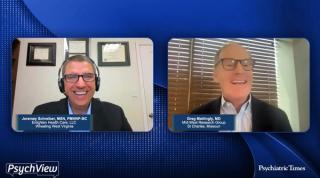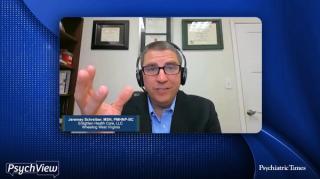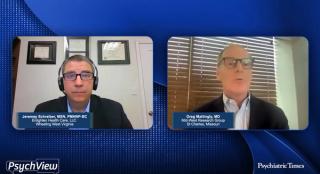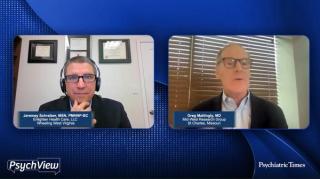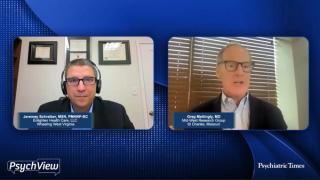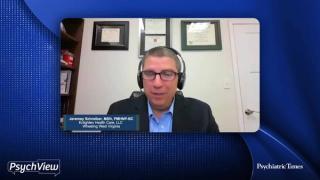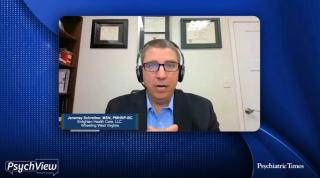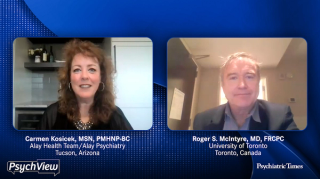
Major Depressive Disorder
Latest News
Latest Videos
CME Content
More News
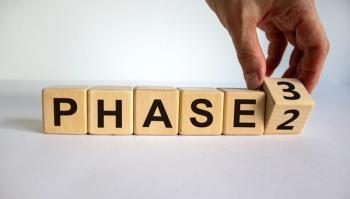
Neurocrine is initiating a phase 3 study of osavampator for the treatment of adults with major depressive disorder.
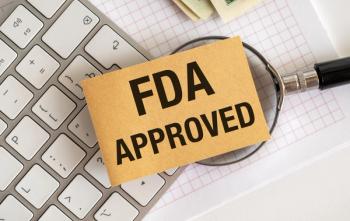
The FDA has approved the supplemental New Drug Application for Spravato, the first and only monotherapy for adults with treatment-resistant depression.

Want to stay in the loop on the latest novel neuroplastogen for major depressive disorder, DLX-001? Check out this update.
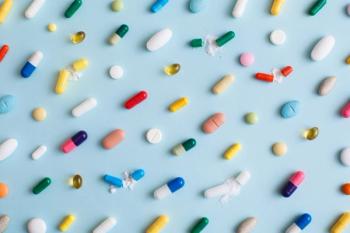
While current antidepressants are associated with improved lives for patients, significant challenges arise. Do we need a new class of antidepressants to address these issues?

Choosing between these 2 interventions for patients with treatment-resistant depression may rest more on differences in access than in baseline characteristics.
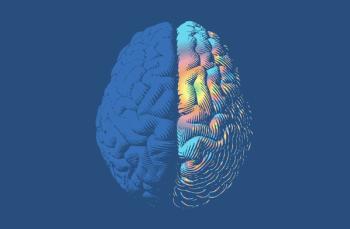
Is there a way to separate the neuroplasticity and therapeutic effects from the hallucinatory and dissociative effects of traditional psychedelics?

A new study suggests some people have genetic predispositions for psychiatric conditions that may influence their risk of divorce.

DLX-001 is a novel neuroplastogen under development for the treatment of major depressive disorder. Learn more about the latest phase 1 data here.
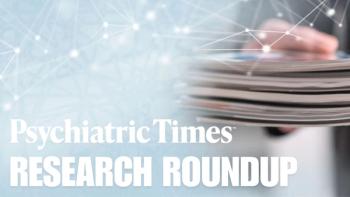
Learn more about the latest research on different approaches to treatments for major depressive disorder (MDD).

Navacaprant for the treatment of major depressive disorder has failed in the phase 3 KOASTAL-1 trial.
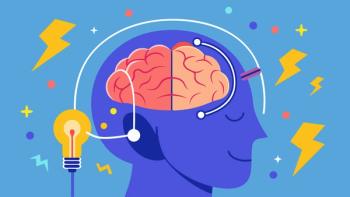
Learn more about Alto Neuroscience's ALTO-300, in ongoing phase 2b trials as an adjunct treatment for major depressive disorder.
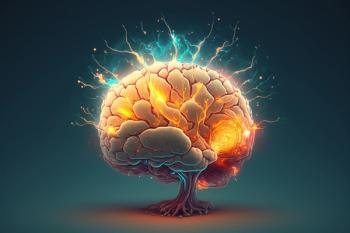
An expert shares more about the recent data on NeuroStar advanced TMS. Learn more here.

New positive topline results from an open-label phase 2a study of IV psilocin benzoate in patients with major depressive disorder showed that the treatment delivers rapid, lasting antidepressant effects for up to 3 months following a single dose.

Check out 2 new psychopharmacology innovations!

Post-hoc analysis of the ELEKT-D trial of ketamine and ECT for patients with treatment-resistant depression distinguishes between responders to the respective interventions.

Intra-Cellular Therapies has submitted an sNDA for lumateperone for the treatment of major depressive disorder in adults as adjunctive therapy to antidepressants.
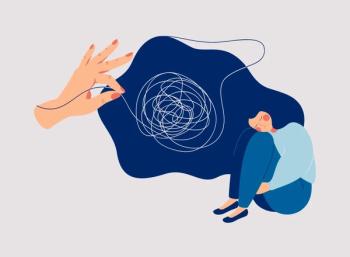
Recent research finds that after ECT, pro-inflammatory cytokines decreased significantly, and anti-inflammatory cytokines increased in teenagers with depression.

Let’s compare treatment risks when managing mixed states.

According to new data, NeuroStar Advanced TMS helped nearly 60% of adolescents with major depressive disorder.
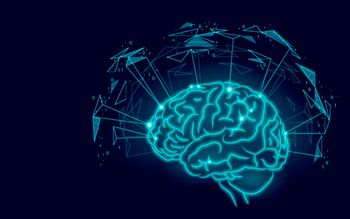
The FDA has granted clearance to the Horizon Inspire transcranial magnetic stimulation system to treat major depressive disorder, obsessive-compulsive disorder, and anxious depression.
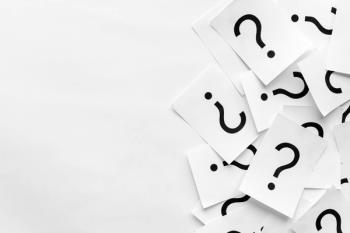
How can you distinguish bipolar mixed states? Stay tuned in this short series.

Patients who have experienced a perinatal loss are at increased risk of MDD, anxiety disorders, and trauma-related disorders.
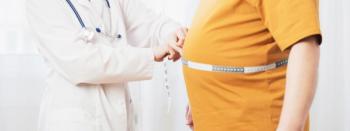
Learn more about a specific subset of mood disorders.

A refined rTMS protocol, the Stanford Accelerated Intelligent Neuromodulation Therapy for major depressive disorder, shows promise in bipolar disorder.

It’s time to address adult ADHD.






